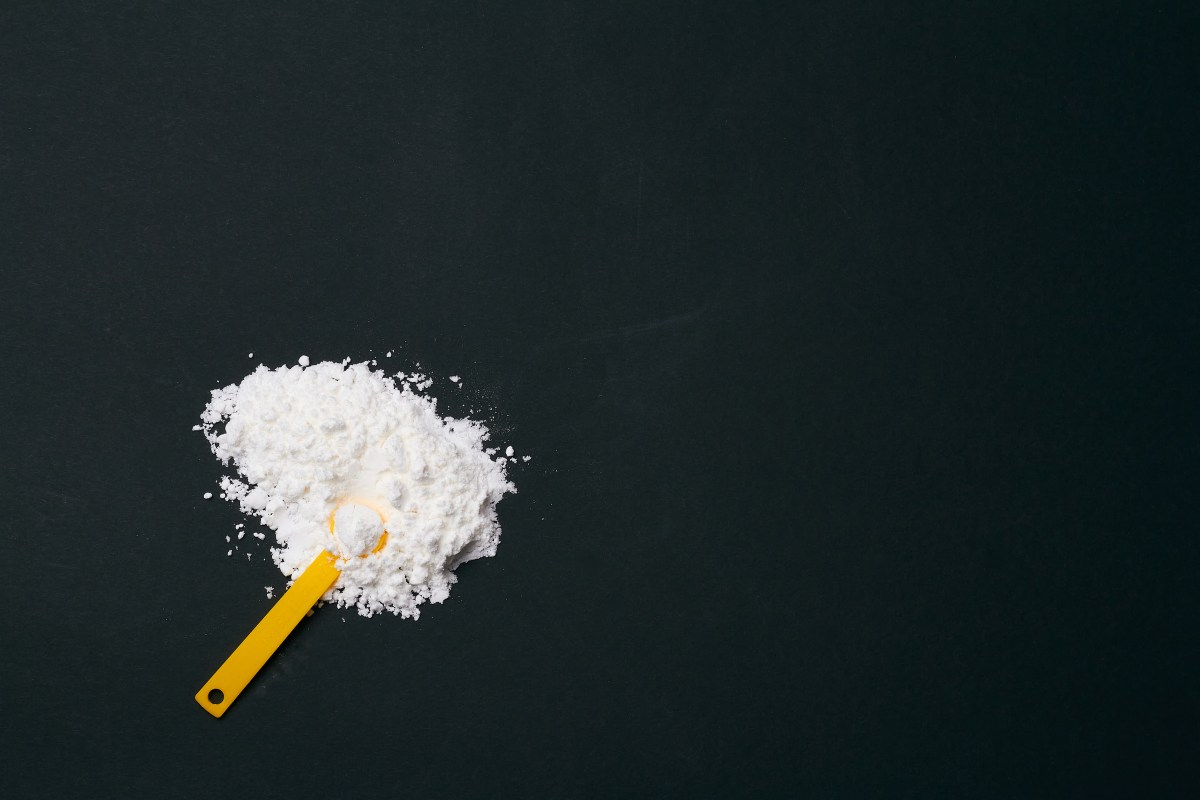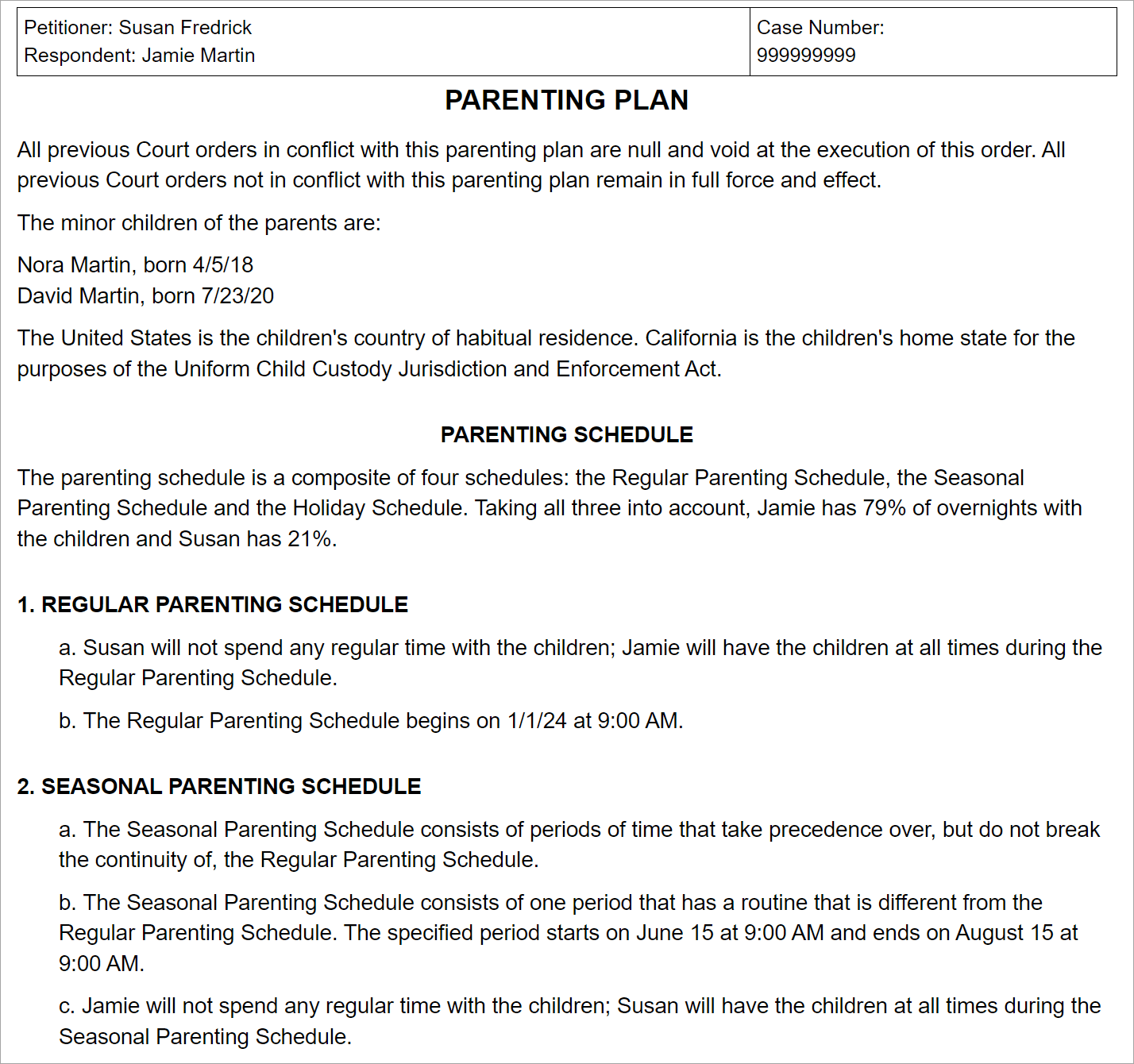Is Creatine Safe And Effective? A Comprehensive Review

Table of Contents
The Science Behind Creatine
What is Creatine?
Creatine is a naturally occurring organic compound primarily found in skeletal muscle. It plays a crucial role in energy production, specifically by helping to regenerate adenosine triphosphate (ATP), the body's primary energy currency. Your body naturally produces some creatine, but dietary sources like red meat and fish also contribute. Creatine supplementation helps increase your body's creatine stores, leading to various performance and health benefits.
How Creatine Works
Creatine's primary mechanism of action involves increasing the availability of ATP within muscle cells. This enhanced ATP supply allows for more powerful and prolonged muscle contractions, leading to improvements in:
- Increased strength and power: Creatine supplementation has been consistently shown to boost strength and power output, especially during high-intensity activities.
- Improved high-intensity exercise performance: Whether it's weightlifting, sprinting, or other short-duration, high-intensity activities, creatine can significantly enhance performance.
- Enhanced muscle growth: Creatine's effect on muscle cell hydration and protein synthesis contributes to muscle growth and hypertrophy.
Types of Creatine
While creatine monohydrate is the most researched and widely used form, other types exist, each with its own purported advantages and drawbacks.
- Creatine Monohydrate: The gold standard, extensively researched and proven highly effective. Excellent absorption rate.
- Creatine Ethyl Ester (CEE): Claimed to have better absorption, but research supporting this claim is limited. May be more expensive.
- Creatine HCL: Said to have improved solubility and reduced gastrointestinal side effects, but research is still ongoing.
Choosing the right type depends largely on personal preference and budget, as creatine monohydrate remains the most reliable and cost-effective option.
Creatine's Effectiveness
Creatine for Strength and Power
Numerous scientific studies demonstrate creatine's positive effects on strength and power. Meta-analyses, which pool data from multiple studies, consistently show significant improvements in weightlifting performance, jump height, and sprint speed. For example, a meta-analysis published in the Journal of the International Society of Sports Nutrition found that creatine supplementation significantly increased strength and power output in various populations.
Creatine for Endurance Athletes
While creatine's benefits are most prominent in high-intensity activities, some research suggests it may offer modest benefits for endurance athletes. While it won't drastically improve endurance capacity in the same way as, say, carbohydrate loading, it can aid in high-intensity intervals within endurance training. However, the effects are generally less pronounced than in strength-focused athletes.
Creatine for Cognitive Function
Emerging research is exploring creatine's potential cognitive benefits. Studies suggest that it might improve memory, learning ability, and other aspects of cognitive function, particularly in individuals with certain neurological conditions. However, more research is needed to fully understand its impact on cognitive health in the general population.
Is Creatine Safe? Addressing Common Concerns
Creatine Side Effects
Creatine supplementation is generally considered safe, but some mild side effects can occur. These typically include:
- Water retention: Creatine draws water into muscle cells, leading to temporary weight gain.
- Weight gain: This is mainly due to water retention and increased muscle mass.
- Gastrointestinal issues: Some individuals experience mild stomach upset, bloating, or diarrhea. These are usually resolved by adjusting the dosage or taking creatine with food.
These side effects are generally mild and transient, resolving once supplementation ceases or the body adapts.
Creatine and Kidney Function
Concerns about creatine's impact on kidney function are largely unfounded. Numerous studies, including long-term trials, have found no evidence of kidney damage in healthy individuals using creatine appropriately. However, individuals with pre-existing kidney conditions should avoid creatine supplementation.
Creatine and Liver Function
Similarly, there's no credible scientific evidence linking creatine to liver damage in healthy individuals. Concerns about liver function are largely based on anecdotal evidence and lack robust scientific support.
Who Shouldn't Take Creatine?
While creatine is generally safe, certain populations should avoid it:
- Individuals with kidney disease
- Pregnant or breastfeeding women
- Individuals with certain medical conditions (consult a doctor)
Optimal Creatine Dosage and Usage
Recommended Dosage
The typical creatine dosage involves a loading phase followed by a maintenance phase:
- Loading Phase: 20 grams per day, divided into four 5-gram doses, for 5-7 days. This rapidly saturates muscle creatine stores.
- Maintenance Phase: 3-5 grams per day to maintain elevated creatine levels.
Best Ways to Take Creatine
Creatine absorption is enhanced when taken with carbohydrates and/or protein. Consuming it post-workout can also be beneficial.
Cycling Creatine
Cycling creatine (periods of supplementation followed by breaks) isn't necessary for most individuals. Consistent daily maintenance doses are generally sufficient and more convenient.
Conclusion
In conclusion, creatine supplementation, when used correctly, is generally safe and effective for enhancing strength, power, and potentially muscle growth. While mild side effects are possible, they are typically temporary and mild. It's crucial to consult your healthcare provider before starting any new supplement regimen, particularly if you have pre-existing health conditions. Ready to explore the potential benefits of creatine for yourself? Remember to consult with your healthcare provider before starting any new supplement regimen, and make informed decisions about your creatine usage. Learn more about maximizing your creatine results by [link to relevant resource].

Featured Posts
-
 Burak Mavis In Akkor Davasi Avrupa Insan Haklari Mahkemesi Veya Karma Evlilik Sonucu
May 15, 2025
Burak Mavis In Akkor Davasi Avrupa Insan Haklari Mahkemesi Veya Karma Evlilik Sonucu
May 15, 2025 -
 Los Angeles Fires The Impact On Renters And Allegations Of Price Gouging
May 15, 2025
Los Angeles Fires The Impact On Renters And Allegations Of Price Gouging
May 15, 2025 -
 Padres Pregame Arraez And Heyward Lead Lineup In Sweep Bid
May 15, 2025
Padres Pregame Arraez And Heyward Lead Lineup In Sweep Bid
May 15, 2025 -
 Paddy Pimblett 40 Pound Weight Gain After Ufc 314 Fight
May 15, 2025
Paddy Pimblett 40 Pound Weight Gain After Ufc 314 Fight
May 15, 2025 -
 Monsoon Prediction Good News For Indian Farm Sector Growth And Consumption
May 15, 2025
Monsoon Prediction Good News For Indian Farm Sector Growth And Consumption
May 15, 2025
Latest Posts
-
 Nba Disciplines Anthony Edwards With 50 K Fine Following Fan Incident
May 15, 2025
Nba Disciplines Anthony Edwards With 50 K Fine Following Fan Incident
May 15, 2025 -
 Report Anthony Edwards Reportedly Doesnt Want Visitation Or Custody
May 15, 2025
Report Anthony Edwards Reportedly Doesnt Want Visitation Or Custody
May 15, 2025 -
 Anthony Edwards Vulgar Comment Costs Him 50 000 Nba Fine
May 15, 2025
Anthony Edwards Vulgar Comment Costs Him 50 000 Nba Fine
May 15, 2025 -
 Anthony Edwards Custody Drama Baby Mamas Statement On Visitation
May 15, 2025
Anthony Edwards Custody Drama Baby Mamas Statement On Visitation
May 15, 2025 -
 Mlb Dfs May 8th Sleeper Picks Value Plays And Players To Fade
May 15, 2025
Mlb Dfs May 8th Sleeper Picks Value Plays And Players To Fade
May 15, 2025
